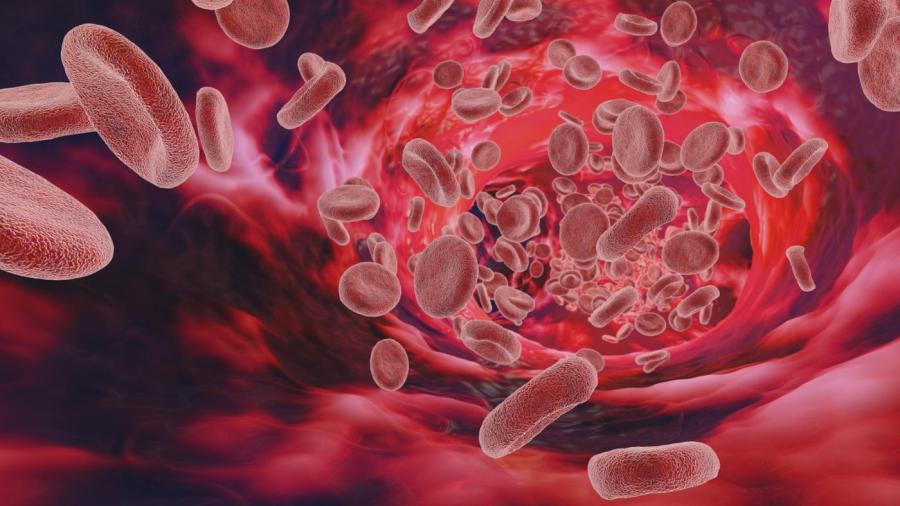What Causes a High Level of Protein in the Blood?

The causes of a high blood protein level include inflammation, liver diseases and multiple myeloma, claims SF Gate. Other causes of high blood protein level are HIV/AIDS, dehydration and monoclonal gammopathy of undetermined significance, states the Mayo Clinic.
When inflammation occurs, the body’s immune system responds by releasing C-reactive protein to counter the pathogens, thus raising the level of protein in the blood, claims SF Gate. Cold or flu infections, arthritis and Crohn’s disease also cause inflammation, which eventually leads to an elevated protein level in the blood. The high levels of C-reactive protein lead to cardiovascular disease, type 2 diabetes and hypertension.
Alanine aminotransferase and aspartate transaminase are two proteins released into the blood when the liver is damaged by the accumulation of fat in the liver or by illnesses such as cirrhosis, hepatitis and autoimmune liver diseases, reports SF Gate. The two proteins raise the blood protein level.
When myeloma cells, the cancerous white blood cells, produce abnormal antibodies that are protein in nature, the normal antibodies are produced at a reduced rate, explains SF Gate. The abnormal antibodies are released into the blood, thus increasing the blood protein level.
High blood protein is found in dehydrated people because their plasma is highly concentrated, according to the Mayo Clinic.





